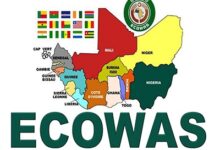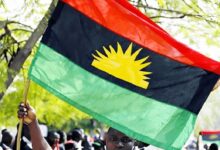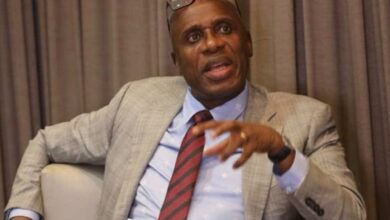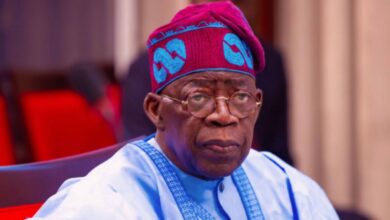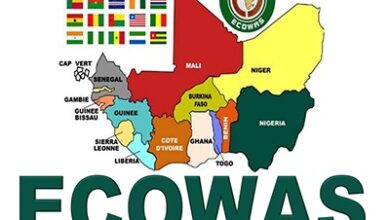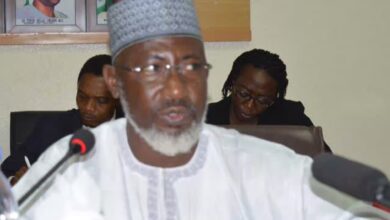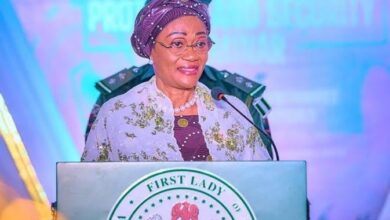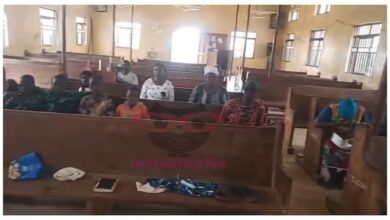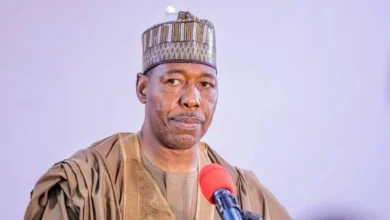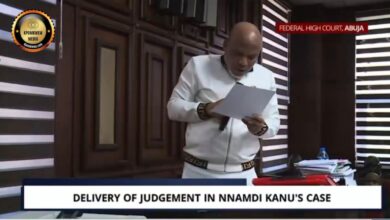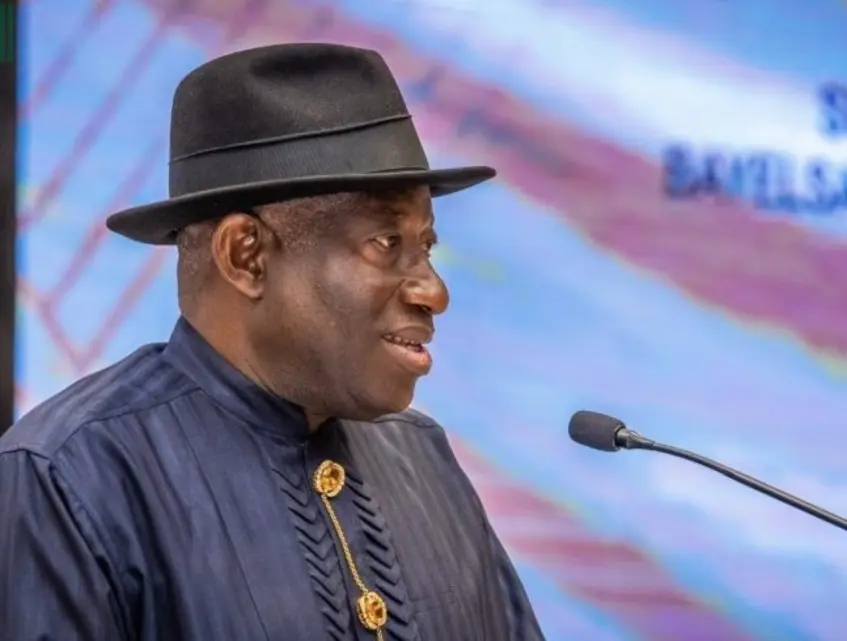
The Latest Legal Storm Over Jonathan’s 2027 Prospect
In a development that has injected fresh drama into Nigeria’s run-up to the 2027 presidential contest, former President Goodluck Ebele Jonathan has been hauled into court by a constitutional lawyer seeking to disqualify him from running.
The suit, filed at the Federal High Court, Abuja and marked FHC/ABJ/CS/2102/2025, prays for a perpetual injunction against Jonathan barring him from submitting himself to any political party, and restraining INEC from accepting or publishing his name as a presidential candidate, now or in the future.
At the heart of the applicant’s argument is a constitutional claim: that Jonathan, having first assumed the presidency in 2010 upon the death of President Umaru Musa Yar’Adua, then winning a full term in 2011, has already exhausted his allowable tenure under Sections 1 and 137 of the 1999 Constitution (as amended).
The plaintiff contends that if Jonathan were to be allowed to contest again, it would amount to a violation of the constitutional ceiling on presidential tenure, effectively amounting to a “third term” agenda.
Interestingly, this legal challenge comes against the backdrop of a prior court ruling in Bayelsa State’s Federal High Court (Yenagoa) in 2022, which affirmed Jonathan’s eligibility, a decision that remains unappealed, and which his camp claims supports his potential candidacy.
No date has yet been fixed for the hearing of the suit, and Jonathan has not made any official pronouncement confirming he will run in 2027.
This case sits at the collision of two powerful imperatives: constitutional fidelity and political calculation. On one side, the plaintiff is staking a claim for protecting the integrity of constitutional term limits, a principle many Nigerians see as critical to democratic accountability. On the other side, Jonathan is widely viewed by his supporters as a potential kingmaker or even revival figure, someone who could sway power plays in the Niger Delta and beyond and also change the reality of Nigeria as a nation
If the court sides with the plaintiff, it would set a firm precedent that no individual, however popular or influential, may flout the term-limits enshrined in Nigeria’s constitution. If the court rules in favour of Jonathan (or dismisses the suit), it may embolden further constitutional reinterpretation, or even challenge future litigants to test similar claims.
The earlier decision from the Federal High Court in Yenagoa, holding that Jonathan was eligible to contest, gives his legal team a strong foundational argument. That ruling has not been overturned, and serves as an existing judicial benchmark in this debate. The question is whether the Abuja court will accept it as binding or distinguish the instant case on fact or law.
Political Ripples
Politically, the litigation has already shifted dynamics. Parties eager to woo Jonathan as their flagbearer must now weigh legal risk and public perception. Rival camps are likely to leverage the case, framing it as a test of Nigeria’s constitutionalism or, conversely, as a politically motivated attack on a former leader.
Moreover, for ordinary citizens and observers, this case will be closely watched as a litmus test of whether Nigeria’s judiciary will remain a neutral arbiter when high-profile political ambitions are involved.
In the final analysis, this case is more than a legal skirmish. It is a moment for Nigeria to affirm whether constitutional limits apply equally even to former heads of state or whether political capital can find ways to circumvent the letter or spirit of our laws.
